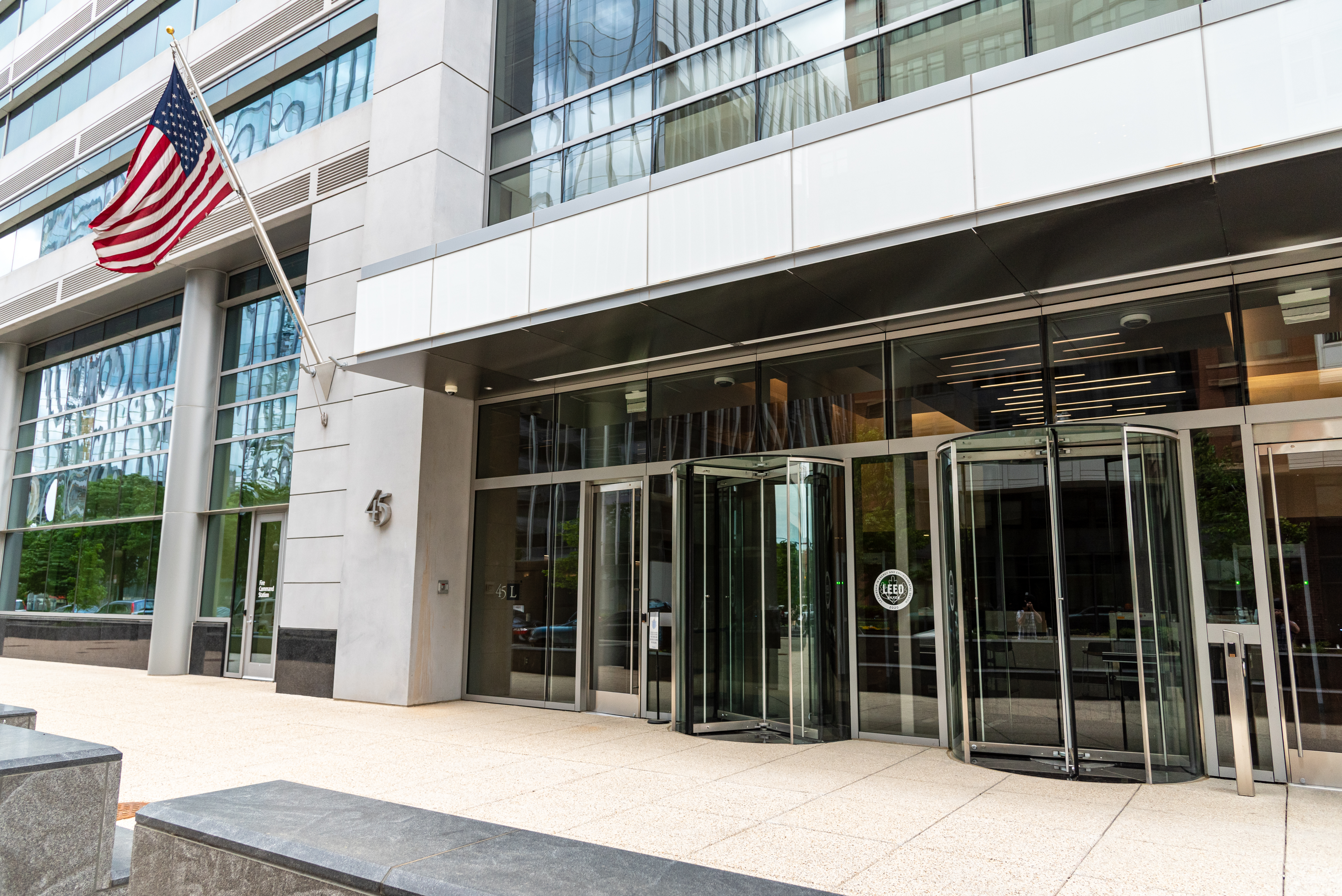FCC votes not to impose DTV multicast must-carry obligation on cable
FCC Commissioner Jonathan Adelstein at the announcement of the NCTA-APTS digital multicast deal. The following week, the commission urged broadcasters to seek private multicast deals with cable systems and rejected expanded must carry. (Photo courtesy of NCTA.)
The Federal Communication Commission voted Feb. 10 not to impose digital multicast must-carry or a dual NTSC/DTV primary channel obligation on cablecasters.
While all of the commissioners acknowledged that their action on digital multicast must-carry will have unpredictable ramifications, some of which could be particularly disadvantageous to independent local broadcasters, the commission voted against imposing a must-carry obligation primarily out of a concern over the constitutionality of such a measure.
Broadcasters have sought an FCC mandate obligating the cable industry to carry not only their primary DTV channel but other digital channels that fit within their 6MHz of spectrum allotted for digital television service. The cable industry has resisted the attempt, arguing that to force cable systems operators to swallow digital multicast must carry would infringe on their First Amendment rights.
While the five members of commission voted unanimously not to impose digital multicast must carry, several did so only after voicing strong reservations. For example, commissioners Michael Copps and Jonathan Adelstein specifically pointed to the current lack of action on public interest programming obligations policy as it relates to broadcasters in new era of digital broadcast as an issue they would have ideally like to have seen resolved before the must-carry vote.
Many of the commissioners, including out-going chairman Michael Powell, said that the measure did not preclude local broadcasters from negotiating with cable system operators to gain carriage of multicast DTV channels.
Some pointed to the voluntary deal announced two weeks ago between the Association of Public Television Stations and the National Cable & Telecommunications Association guaranteeing cable carriage of four multicast channels from local public broadcasters as an example for local commercial broadcasters to follow. However, many acknowledged that an ad hoc approach would likely leave small, independent broadcasters in a weaker position. Large network stations, several said, who enjoy retransmission consent would likely have their multicast channels carried.
The vote on digital multicast must carry was unanimous; however, Commissioner Kevin Martin dissented on the dual carriage issue.
For more information, visit www.fcc.gov.
Get the TV Tech Newsletter
The professional video industry's #1 source for news, trends and product and tech information. Sign up below.
